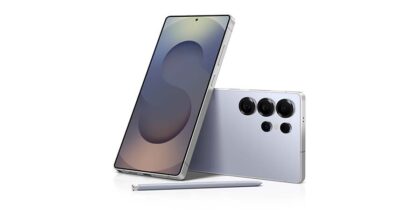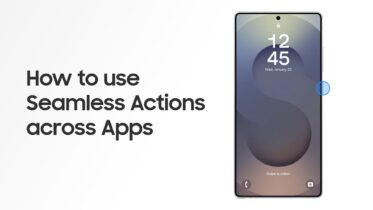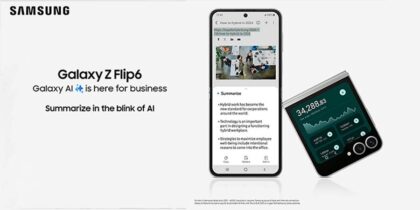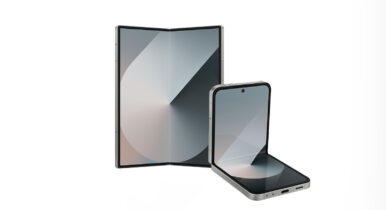Samsung’s latest flagship smartphones, the Galaxy S9 and S9+, both offer a stunning feature set for business users, including powerful processors, defense-grade security and biometric authentication options, and IP68 water resistance. However, there are also a few notable differences between the two latest phones.
If you are ready to upgrade but can’t decide which is right for you or your business, consider these key differences:
- Screen size: This is the obvious one. Both phones boast edge-to-edge Infinity Displays, but for those who want extra real estate, the 6.2-inch screen on the S9+ has the goods over the 5.8-inch display on the S9. This is especially useful when using features like Multi-Window and App Pair.
- More RAM, more multitasking: Both phones are designed for multitasking and working seamlessly with the DeX platform. But with 6GB of RAM on the Galaxy S9+ compared to 4GB on the S9, the larger device gives you more memory to work with. This comes into play especially with DeX, where you can open multiple windows and have enough power to do everything you need on the big screen.
- Dual camera: Both phones feature a new Dual Aperture lens, offering brilliant results in varying lighting conditions. However, the Galaxy S9+ adds a second rear-facing camera that allows users to get creative with the bokeh effect.
- Battery life: Ensuring your smartphone lasts as long as you do is critical. To power the larger screen, the S9+ also features a larger battery: 3,500 mAh compared with 3,000mAh on the S9. As a result, the S9+ is rated for up to 35 hours of talk time based on Samsung’s testing, four hours more than the S9. Both phones feature fast, wireless charging (wireless charging pad sold separately).
Learn how Samsung is raising the bar in mobile security with its Knox platform.






